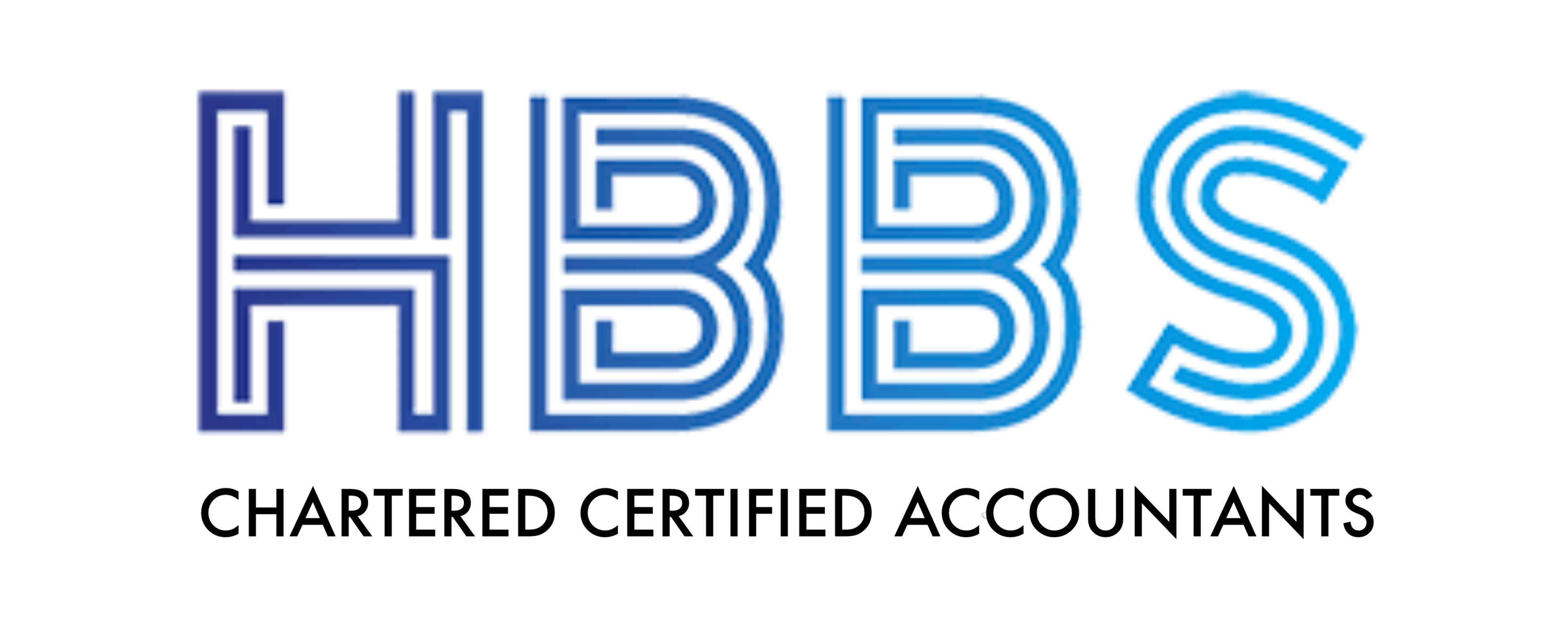Digital PAYE, MTD Readiness, and Missed SME Savings
Enews – 1 August 2025
In this week’s Enews, HMRC launches a new online PAYE service. There are also warnings to self assessment taxpayers and landlords on the impact of Making Tax Digital and SMEs missing potential savings on National Insurance. We have a lot to update you on.
- HMRC launches online PAYE service
- Time for taxpayers to get ready for Making Tax Digital for Income Tax
- SMEs missing out on £2.7 billion in National Insurance savings
HMRC launches online PAYE service
HMRC has launched a new online PAYE service, which it says will give 35 million workers more control over their tax affairs.
The tax authority says the new service will make it simpler and easier to check and update their income, allowances, reliefs and expenses, and will be available via their Personal Tax Account or through the HMRC app.
This service forms part of HMRC’s Transformation Roadmap that sets out ambitious plans to become a digital first organisation by 2030, with 90% of customer interactions taking place digitally.
HMRC says its plans to modernise the tax and customs system, introduce new AI technologies and work with third parties and intermediaries will make it easier for taxpayers, businesses and intermediaries to interact with it.
The digital first approach will see HMRC automating tax wherever possible and offering new digital self-serve options across a number of tax regimes.
In addition, taxpayers liable for the High Income Child Benefit Charge (HICBC) will no longer have to register for self assessment.
James Murray MP, Exchequer Secretary to the Treasury, said: ‘We are going further and faster to make HMRC fit for the 21st century, including delivering a simpler and easier system for all PAYE workers.
‘By 2030, taxpayers can expect a modern and innovative HMRC with cutting-edge AI, industry-leading customer service practices, and a laser focus on delivering taxpayer value for money by ensuring everyone pays their fair share.’
Internet link: HMRC press release
Time for taxpayers to get ready for Making Tax Digital for Income Tax
Self-employed taxpayers and landlords should file their 2024/25 tax return early to find out if Making Tax Digital (MTD) will apply to them from next April, says the Low Incomes Tax Reform Group (LITRG).
Taxpayers who report more than £50,000 of gross income from self-employment and/or rental income in their 2024/25 tax return will be required to join the new Making Tax Digital for Income Tax regime from April 2026 and must have the software needed to participate.
LITRG is encouraging anyone who thinks they could be in scope of MTD from April 2026 to complete their 2024/25 tax return well in advance of the 31 January 2026 deadline to see whether their income exceeds this limit.
HMRC will use the information provided in 2024/25 self assessment tax returns to identify taxpayers who will be impacted by MTD from April 2026.
HMRC will then write to tell them they must follow the MTD rules, but this could be as late as February or March 2026.
Some people who meet the income threshold might be able to apply for an exemption from MTD if they meet certain criteria, for example if they are digitally excluded.
Sharron West, Technical Officer at LITRG, said: ‘There are still more than six months to go until the self assessment deadline for 2024/25 tax returns, but if you think you may meet the MTD threshold, you should act now.’
Internet link: Chartered Institute of Taxation website
SMEs missing out on £2.7 billion in National Insurance savings
Most UK SMEs are not using salary exchange so are missing out on a potential £2.7 billion in employer National Insurance contributions (NICs) savings, according to insurance broker Howden.
Using salary exchange to boost pension contributions and after-tax pay would also generate £1.8 billion in employee savings, Howden’s Employee Benefits research found.
The research found that in response to the NICs increase, 33% of SMEs are passing costs onto customers, which could lead to inflationary pressures in the wider economy. Meanwhile, 32% are freezing hiring, and 28% are delaying planned salary increases.
Only 29% of SMEs currently use salary exchange (also known as salary sacrifice) for pensions, which Howden says has the potential to deliver valuable savings at a time of critical economic pressures.
The research reveals a significant knowledge gap: 36% of SMEs are aware of salary exchange but have not explored it in detail, and 17% are not aware of it at all.
Cheryl Brennan, Managing Director UK Employee Benefits, Howden, said: ‘At a time when SMEs are under immense financial pressure and employees are struggling with the cost of living, salary exchange is a powerful, underused tool.
‘Our research shows that the majority of SMEs are missing out on significant savings that could be reinvested into their people and growth.’
Internet link: Howden website








